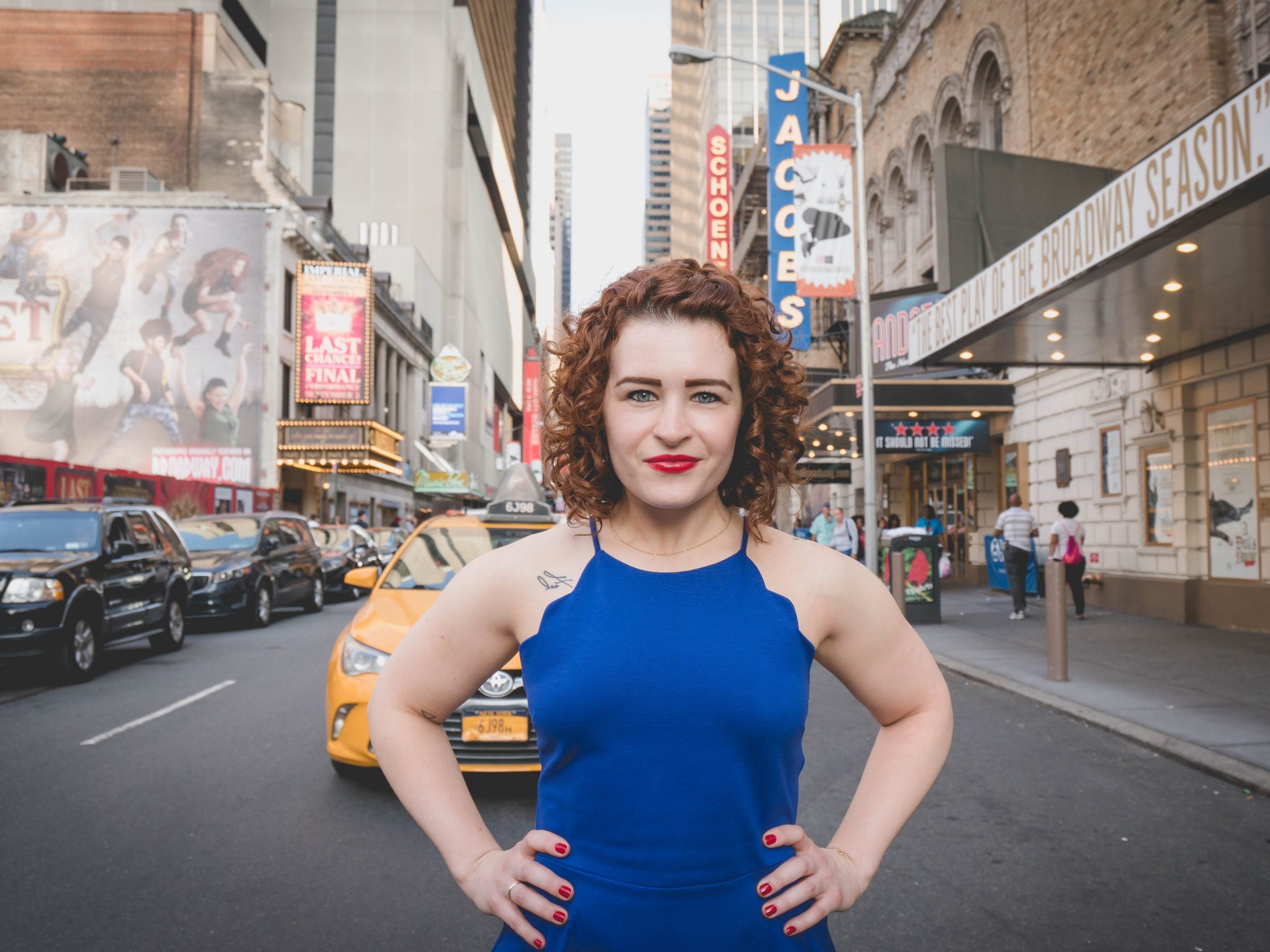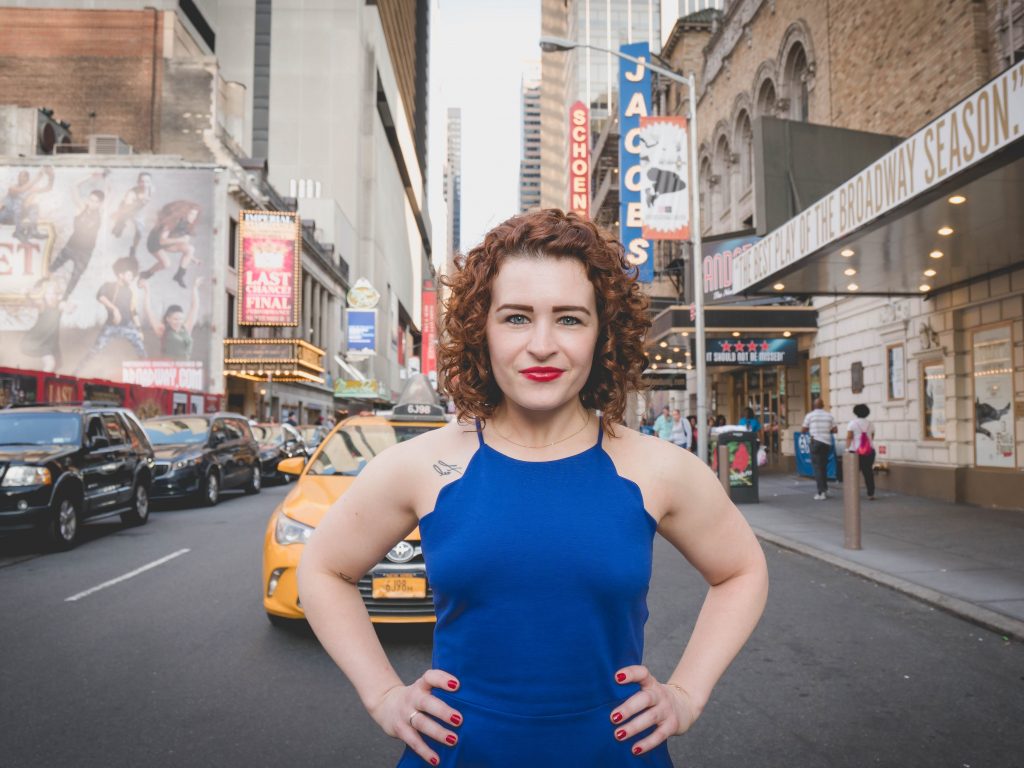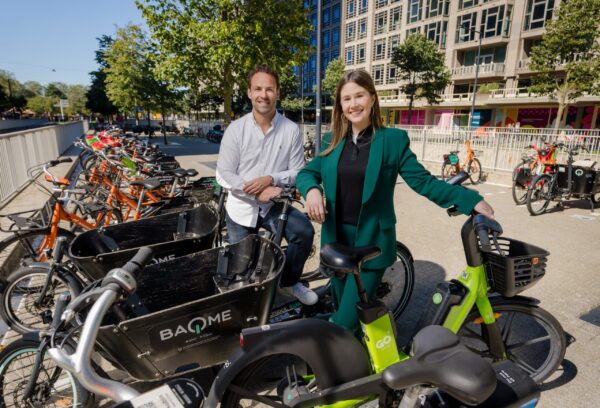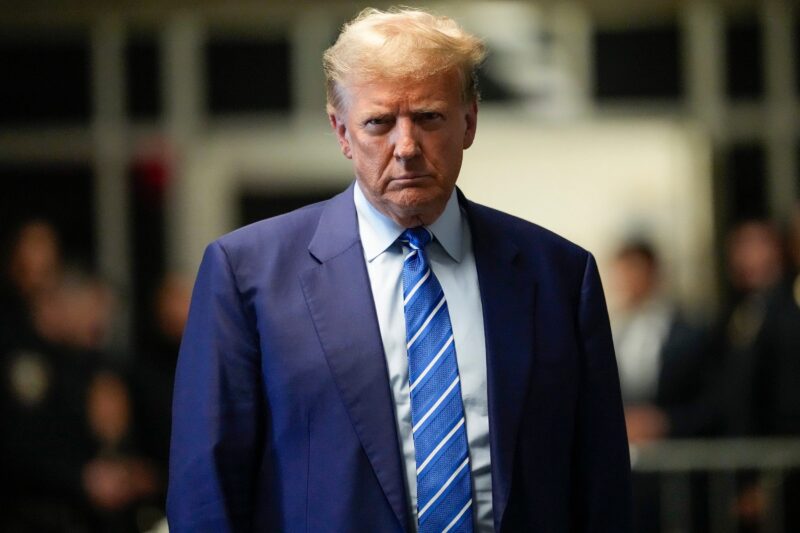
Marc Deliz
- The US is facing a labor shortage as workers are inclined to stay on unemployment.
- New Yorker Emily McGill made over $500 a week on benefits, slightly more than her contractor income.
- Abby Danis went from making $24 an hour to stay home to $17 an hour as an assistant manager.
- See more stories on Insider's business page.
As the United States tiptoes into a post-pandemic world where at least 40% of Americans have been fully vaccinated, a new problem is emerging: labor shortages.
It's a problem many companies, government officials, and experts blame on increased federal and state unemployment benefits, as well as the series of stimulus checks. The argument is that people simply no longer want to work while enjoying these benefits – or at least work for the wages they did before the pandemic.
"Now that businesses are beginning to open, the challenge employers are experiencing is finding people willing to return to a regular work schedule, contribute to society as a whole, and return to caring for our families," Charles Jackson, president of the Association for Entrepreneurship USA, told Insider. "While [the] government continues to incentivize families to stay home, the small-business owner will be challenged again by not finding adequate labor to operate their business."
According to Goldman Sachs, the amount low-income workers will accept for a new job has risen more than 20% since the fall, putting pressure on employers – like McDonald's and Chipotle – to raise wages and increase benefits in order to attract job candidates. The bank anticipates these demands will push wage growth to 3.3% before the labor market ultimately finds a new balance.
Two professionals who found themselves raking in more money on unemployment than in their previous jobs shared with Insider their experience.
Unemployment helped NYC-based Emily McGill, 35, stay afloat and find clarity amidst career pivots
The contract Broadway publicist - who boasts past clients like Disney on Broadway and actor George Takei - turned communications consultant and part-time tarot card reader never stopped working during the pandemic. Instead, with one consistent client and unemployment insurance, she spent her time re-evaluating her situation.
"I think the biggest thing that happened was that I was really on this precipice of, 'Am I even going to stay in theater?' But the pandemic afforded me this opportunity to see there are so many other facets to me beyond theater kid, or Broadway girl, or Broadway publicist," McGill told Insider.
In New York City where she lives, unemployment typically maxes out at $504 per week, but due to the pandemic she was able to receive an additional $600 per week from April 5 to July 26, 2020 - then an additional $300 from January 3 through early September 2021. After taxes, Emily was making an average of just over $500 per week, which she said was slightly more than she was making before but provided more consistency and stability than she'd experienced as an independent contractor.
"Pre-pandemic, I was scraping by with clients, and as a result, my credit-card debt grew," she said. "Unemployment and the stimuli have allowed me to pay bills and not continue to rack up debt. I can't wait to get back to work full time, but there are also a lot of systemic issues in my industry, so it is a nuanced and difficult conversation from both a moral and logistic point of view."
Though not all states will accept the federal unemployment insurance funding, the boost in benefits will now extend until September 6 for many Americans - just in time for McGill's next contracted role.
"Fortunately, my next contract should come through and begin in September, so the timeline for me if that works out is going to be ideal," she said. "If that doesn't work out, then it's back to the grind and the hustle and time to get creative."
Abby Danis, 24, based in Arizona, wishes she'd taken advantage of unemployment for longer
At the beginning of the pandemic, Danis was laid off from her retail position, where she was making $15 an hour as an assistant manager. Her employer warned her that applying for unemployment insurance would mean she wouldn't be offered her position back, but that the company would instead pay her a flat rate of a couple hundred dollars every two weeks.
"The majority of us had to file for unemployment because we were underpaid as it was and none of us could survive and get through that," Danis told Insider. "They immediately sent us an email laying us all off and said, 'You no longer work for this company. When we re-open we will consider inviting you back, but as of right now you are not employed by us.'"
She felt she had to collect the unemployment insurance in order to pay her bills, but due to difficulties in finding new staff members, she shared that she was still offered her prior position back despite receiving unemployment, and even offered a $2-an-hour raise.
Due to the uncertainty around the extension of unemployment benefits, she returned to her workplace in the summer of 2020, going from making approximately $24 an hour to stay at home to $17 an hour for her assistant-manager role.
She left the company in October 2020 and started working as a server, where she makes more than she did in her assistant-manager role. However, she's now seeing firsthand the staffing shortages facing the hospitality industry.
In Arizona, the labor shortages are so dire that Governor Doug Ducey has announced he will end the state's additional $300 in weekly unemployment benefits in July, instead offering those on unemployment a $2,000 bonus for returning to work along with childcare support and rental assistance.
"The only reason I did go back is because I didn't know what was going to happen at the time. I didn't know what was going to happen or how long this was going to last," she said.
"Looking back on it now, if I could go back and do it again, I would have stayed laid off and gotten unemployment, just because we went back pretty early," Danis added.










